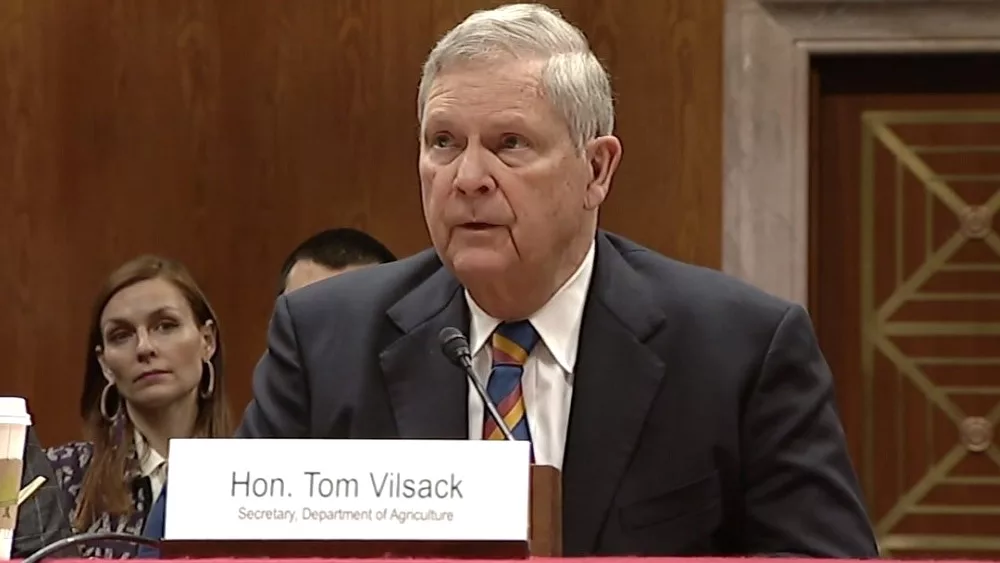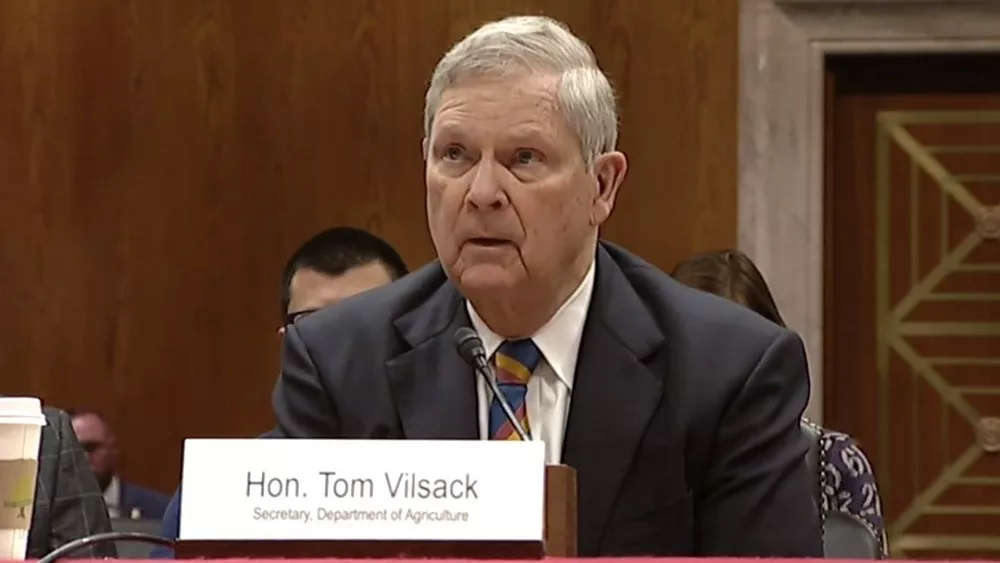
What will be the hot topics in ag law for 2014? Here are some predictions for the coming year.
- Clean Air Act targets farmers. Congress passed the Clean Air Act in 1970 to clean up the nation’s air. The low hanging fruit of air pollution—power plants, industrial factories, trucks and automobiles– have been under scrutiny ever since. The EPA is looking for ways to further reduce air pollution in the US, and farms will be next. Large grain dryers (producing particulate matter) and anaerobic digesters (producing carbon dioxide, carbon monoxide, and methane) will be part of this new frontier for the Clean Air Act.
- Poultry Litter and Water Pollution, Part 2. Last year a West Virginia poultry grower sued the EPA to challenge the EPA’s position that litter blown out of poultry barns amounted to a discharge in violation of the Clean Water Act. The case, Alt v. EPA, has important precedential value to farmers everywhere, as it will define the scope of the Clean Water Act’s “agricultural stormwater discharge exemption.” The poultry farmer won at the trial court. In 2014, the case moves to the federal court of appeals.
- Drones and Privacy. 2014 may be the year in which the Federal Aviation Administration (FAA) approves the commercial use of drones. Usage in agriculture will explode, as farmers find new ways to monitor row crops from the sky and check on cattle in remote pastures. Will 2014 also be the first year in which government agencies use drones to monitor crops (USDA) or look for water quality violations (EPA)?
- GMO Labeling Moves from the Ballot Box to the Courtroom. Many state legislatures saw bills to require labeling of food containing genetically modified organisms (GMOs) in 2013. Although similar ballot initiatives failed in California and Washington, laws requiring GMO labeling have been passed in Maine and Connecticut. When these laws go into effect, expect lawsuits to follow as other states and companies challenge their constitutionality.
- Farm Bill and RFS. Although 2013 probably caused most farmers to suffer Washington fatigue, 2014 will be another year when farm policy hinges on what happens in the nation’s capital. Will there be another five year farm bill? And will the EPA reduce the ethanol requirements in the renewable fuel standard (RFS)? We’ll have to wait and see.
2014 promises to be another exciting year for agricultural law developments. Happy New Year!
Todd Janzen grew up on a Kansas farm and now practices law with Plews Shadley Racher & Braun LLP, which has offices in Indianapolis and South Bend. He also serves as General Counsel to the Indiana Dairy Producers and writes regularly about agricultural law topics on his blog: JanzenAgLaw.com. This article is provided for informational purposes only. Readers should consult legal counsel for advice applicable to specific circumstances. Todd is currently serving as chair of the American Bar Association’s (ABA’s) Agricultural Management Committee, which is part of the ABA’s Section of Environment, Energy, and Resources.
Submitted by: Todd J. Janzen, Plews Shadley Racher & Braun LLP




